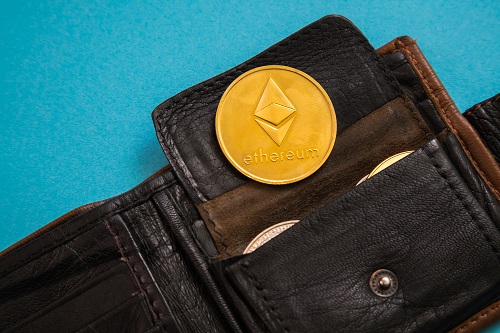Ethereum, the succeeding cryptocurrency to Bitcoin, went through many controversies and media headlines, especially since the FTX collapse or the Merge update. Although not many consider digital assets to be better than Bitcoin, Ethereum achieved much more quickly, from price increases and constant updates to blockchain solutions. Given its improvements, the best way to buy Ethereum is not singular ―you can choose from debit card, credit card, bank transfer and third-party payment.
Besides these advantages, Ethereum still struggles with scalability and security. Users who don’t store their ETH properly could lose all their assets. The problem might include the lack of software solutions but also the little to no support for decentralized exchanges and digital wallets.
Therefore, the demand for self-custody wallets increases, and users want control over their digital coins. But what does this imply?

Image source: https://pixabay.com/ro/vectors/ethereum-criptomoned%c4%83-moned%c4%83-6870435/
What is crypto self-custody?
Most of the time, crypto users prefer to hold their cryptocurrencies in a wallet provided by a third-party organization, like an exchange. Although these services are highly appreciated and easy to use, they sometimes pose security risks. During the FTX, for example, many people lost their funds due to inefficient secure programs and practices, which increased users’ awareness of security.
Self-custody means that you don’t rely on any type of storage system and choose to store your coins in a wallet where you watch over the private keys and seed phrases. This practice is a great approach as you minimize the chances of the third party you use affecting your funds in case it gets hacked, goes bankrupt or is caught with illicit activities.
One popular way of owning your crypto is to use DeFi applications that allow developers to create decentralized financial instruments to maintain the privacy of their portfolios. Loans and insurance can be transformed to benefit only the recipient.
How does a self-custody wallet work?
Self-custody wallets come into two categories. Hot wallets are connected to the internet and designed for people to access them fast and easily ― mobile and desktop are commonly used. Cold wallets don’t need an internet connection to operate and are used for long-term storage ― hardware…
Click Here to Read the Full Original Article at CoinJournal: Latest Bitcoin, Ethereum & Crypto News…
